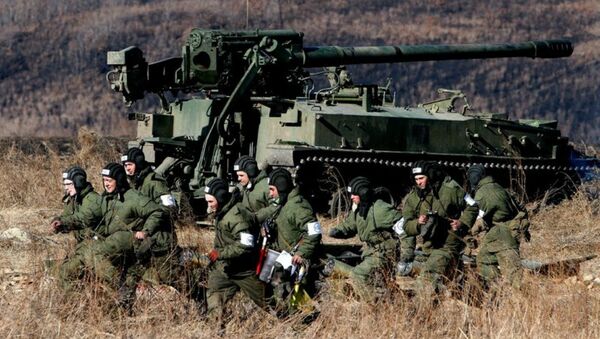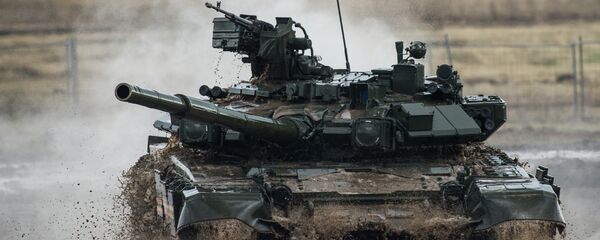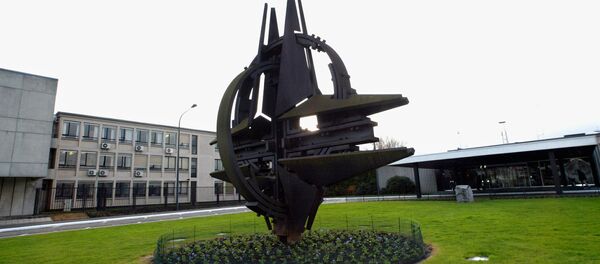According to the Izvestia newspaper, the new format of informing foreign military officials about Russian drills will include not only the basic information required under the Vienna Document ratified by Moscow in 2011, but also additional details.
“Scheduled drills are not sufficient to maintain combat readiness, surprise checks… are also needed, but such inspections cause concern among our foreign partners, we understand that. Therefore, we have decided to make a gesture of good will — a decision was made to unilaterally inform [our] foreign partners when we conduct unscheduled exercises in more detail,” Franz Klintsevich was quoted as saying by the paper.
“This is done to reduce tensions and increase the transparency of military activity,” Klinstevich added.
The latest army combat readiness check kicked off on Thursday, provoking criticism from NATO officials. Deputy NATO chief Alexander Vershbow has called the surprise Russian Black Sea drills a matter of concern which do not contribute to developing trust between Russia and the Alliance.
In June, NATO Secretary General Jens Stoltenberg claimed that Russia had been abusing the provisions of the Vienna Document to conduct major snap drills without notifying other signatories of the document. According to Stoltenberg, by doing so, Russia was undermining the transparency of military activity in Europe.



